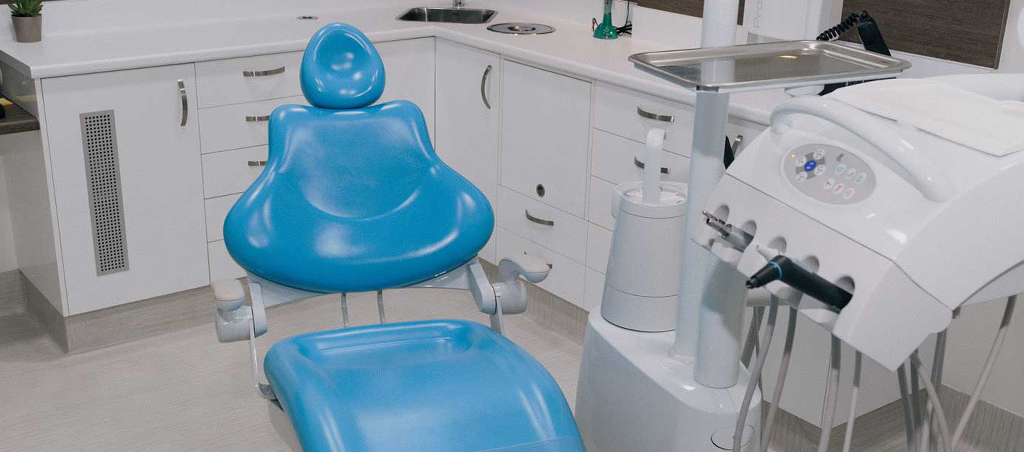Your Wisdom Teeth are the last set of molar teeth that come through. For most people, they typically come through in your late teens or early twenties. They often cause complications due to misalignment and frequently require removal by a dental professional.
Wisdom Teeth Misalignment
When Wisdom Teeth are misaligned, it can cause damage to adjacent teeth, the jawbone and nerves. This often results in server discomfort and pain. Misaligned wisdom teeth may be aligned toward or away from the second row of molars, positioned horizontally, or be angled inward or outward.
Impacted Wisdom Teeth
Impacted Wisdom Teeth are Wisdom Teeth that fail to erupt (break through the gum). Other complications include partial eruption of Wisdom Teeth. This occurs when only part of the tooth breaks through the gum. Partial eruption of wisdom teeth can lead to infections since it creates an opening for bacteria around the tooth. This can result in swelling, pain, and a stiff jaw. Partially erupted Wisdom Teeth are far more prone to tooth decay and gum because their awkward positioning means they are often missed during daily cleaning and flossing.
How to know if your wisdom teeth are coming through?
Wisdom Teeth don’t always cause complications; you might not experience any symptoms when they come through. If, however your Wisdom Teeth is impacted or there is a misalignment you might experience the following symptoms:
- Swollen or red gums,
- Sensitive or bleeding gums,
- Jaw pain, swelling around the jaw and difficulty opening your mouth,
- Bad breath or an unpleasant taste in your mouth.
If you experience any of the above symptoms behind your last set of molars, you should consult your dentist immediately.
Managing Wisdom Teeth
If you’re concerned about Wisdom Teeth complications, it is best to talk to your Dentist. Your dentist can discuss the positioning of your wisdom teeth. X-rays can be taken periodically during regular check-ups and cleans to assess the alignment of wisdom teeth. In some situations, it might be recommended to remove your wisdom teeth before problems develop.
This is done to prevent further complications and unnecessary pain that might occur in later years. It is often easier to remove wisdom teeth in younger patients than older ones. This is because the Wisdom Teeth roots are not fully developed. In adults, the recovery and healing time can be longer and often impacts with work commitments.
How are Wisdom Teeth Removed?
The level of difficultly to remove Wisdom Teeth is relative to their position and development in the patient’s mouth. If your wisdom teeth are fully erupted, then it can be removed just like any other tooth. If however your Wisdom Tooth is still underneath the gums, then it will require an incision into the gums and the tooth is then removed in small sections, rather than removed in one piece.




